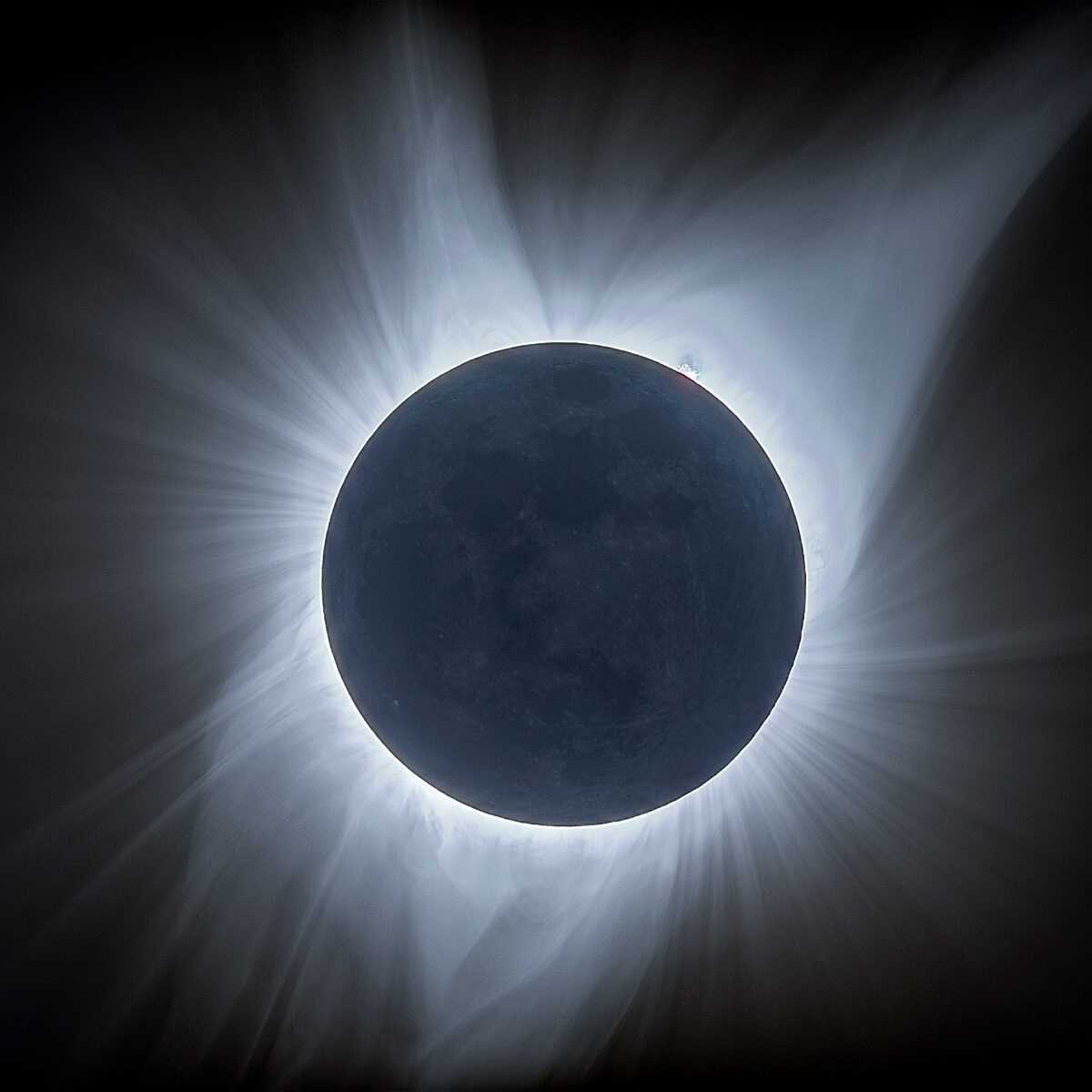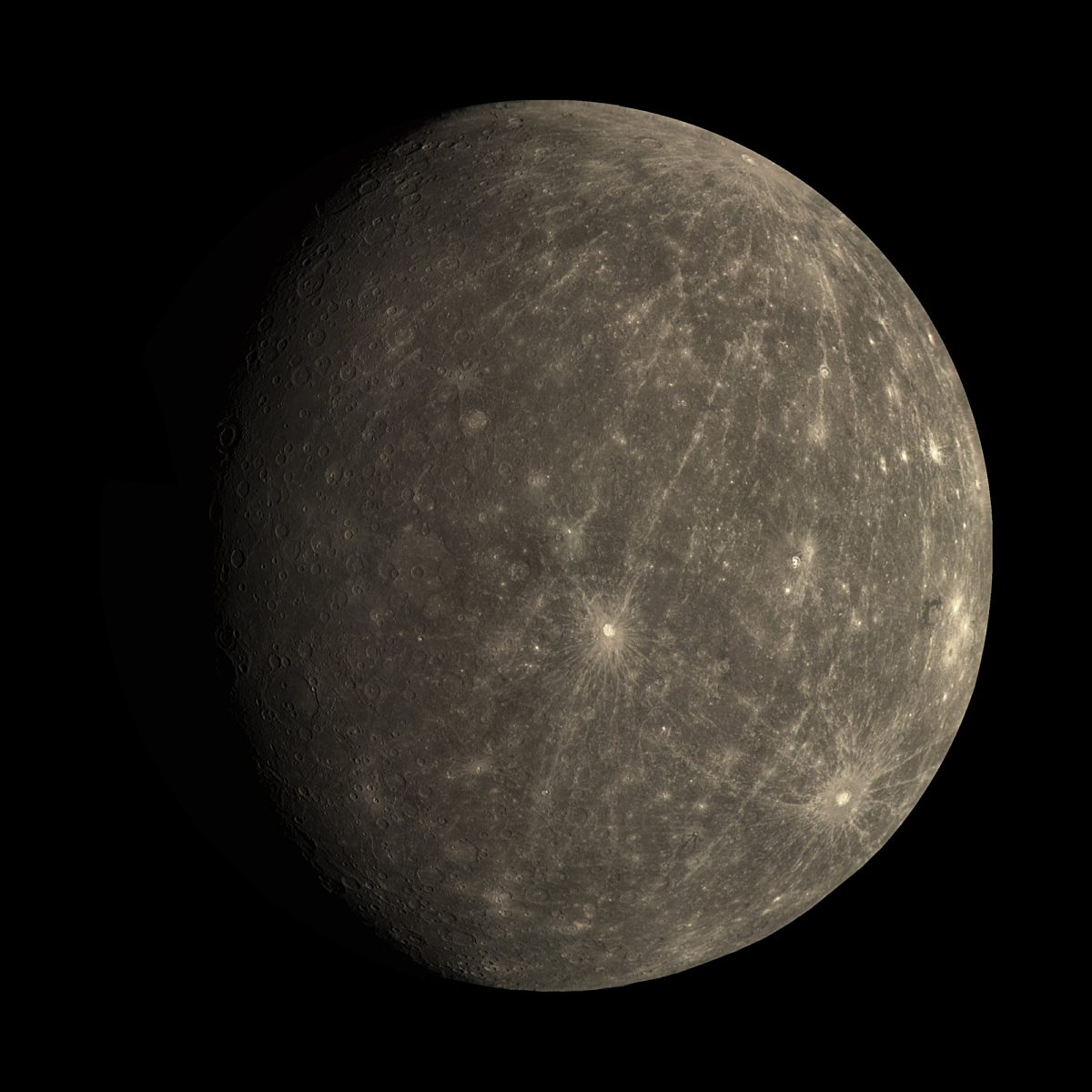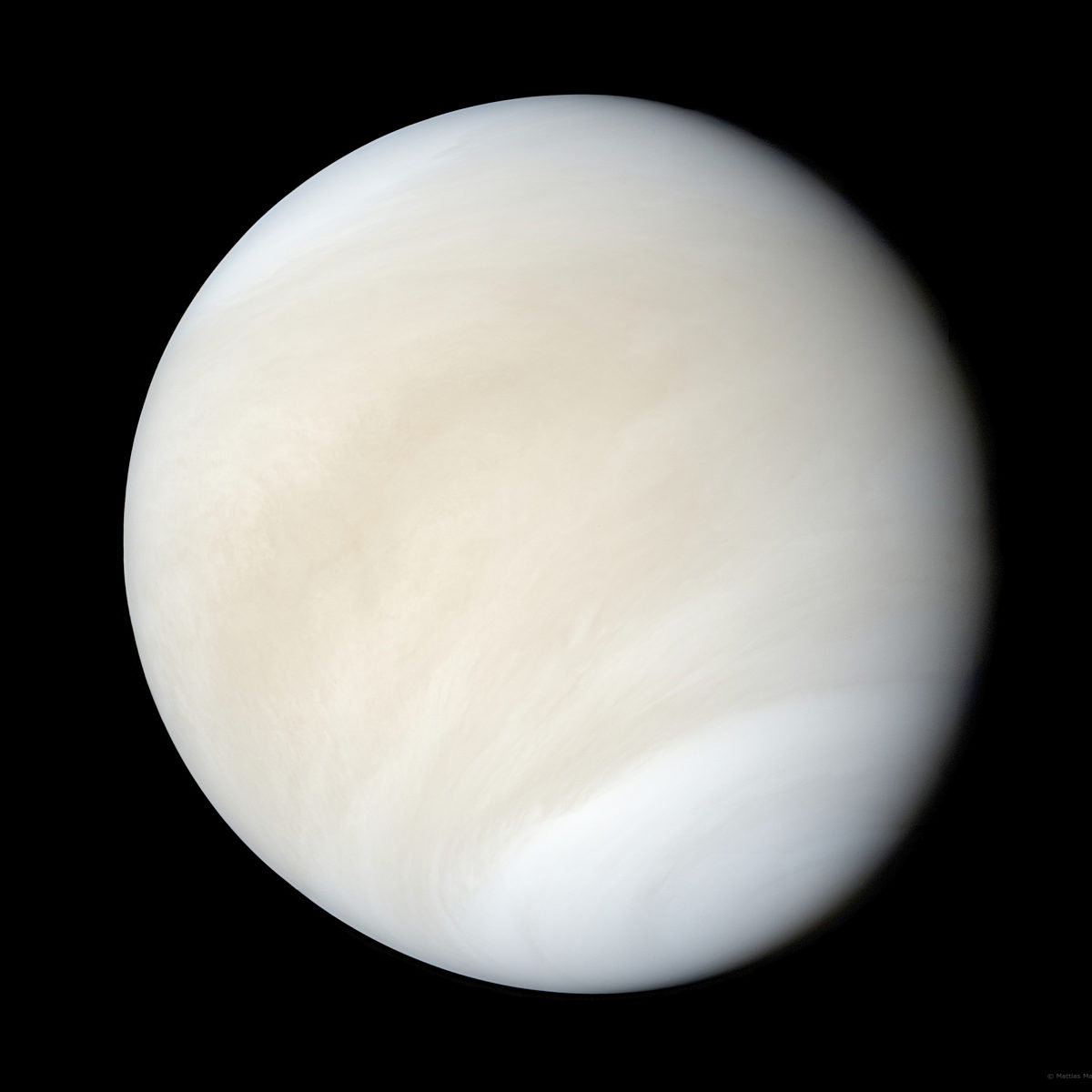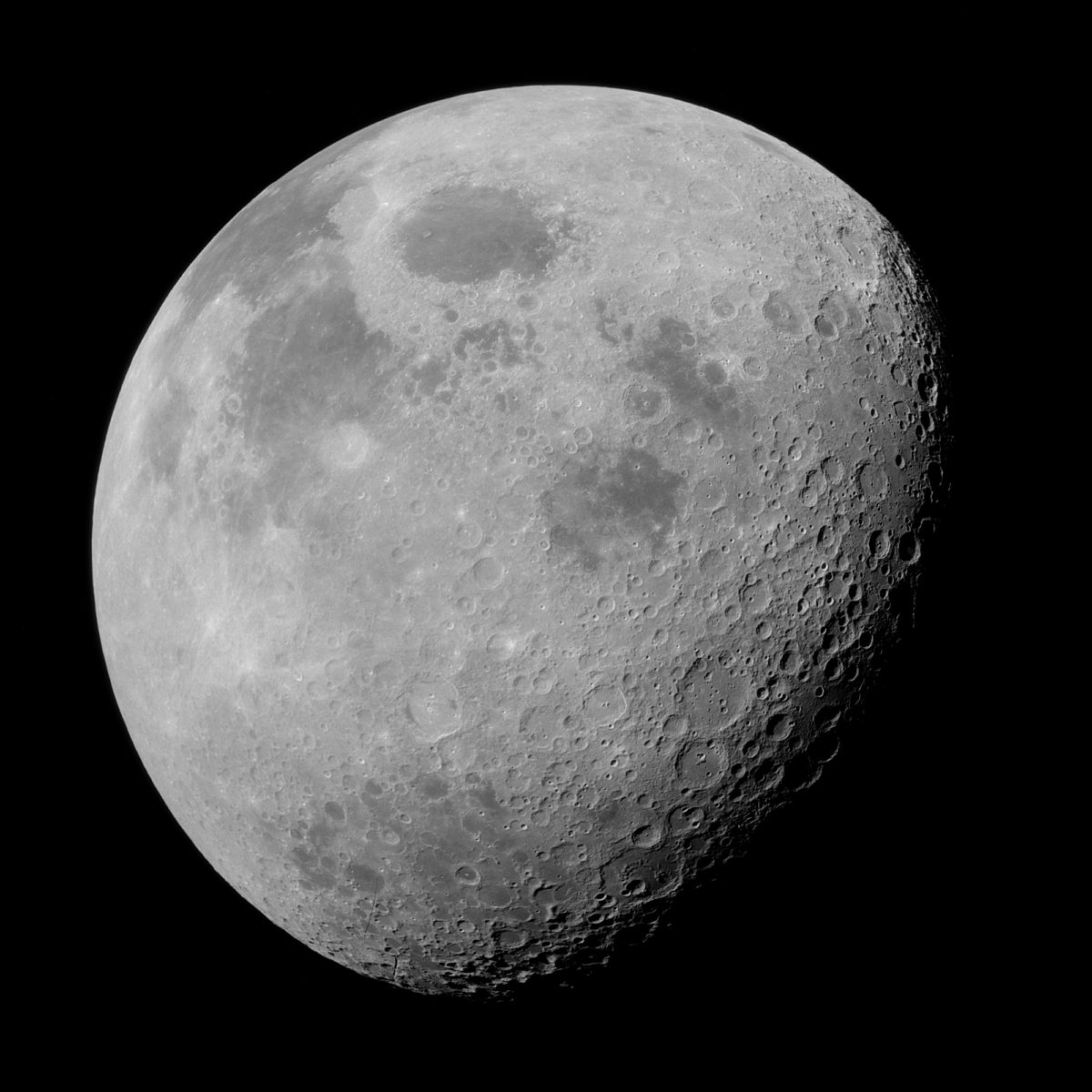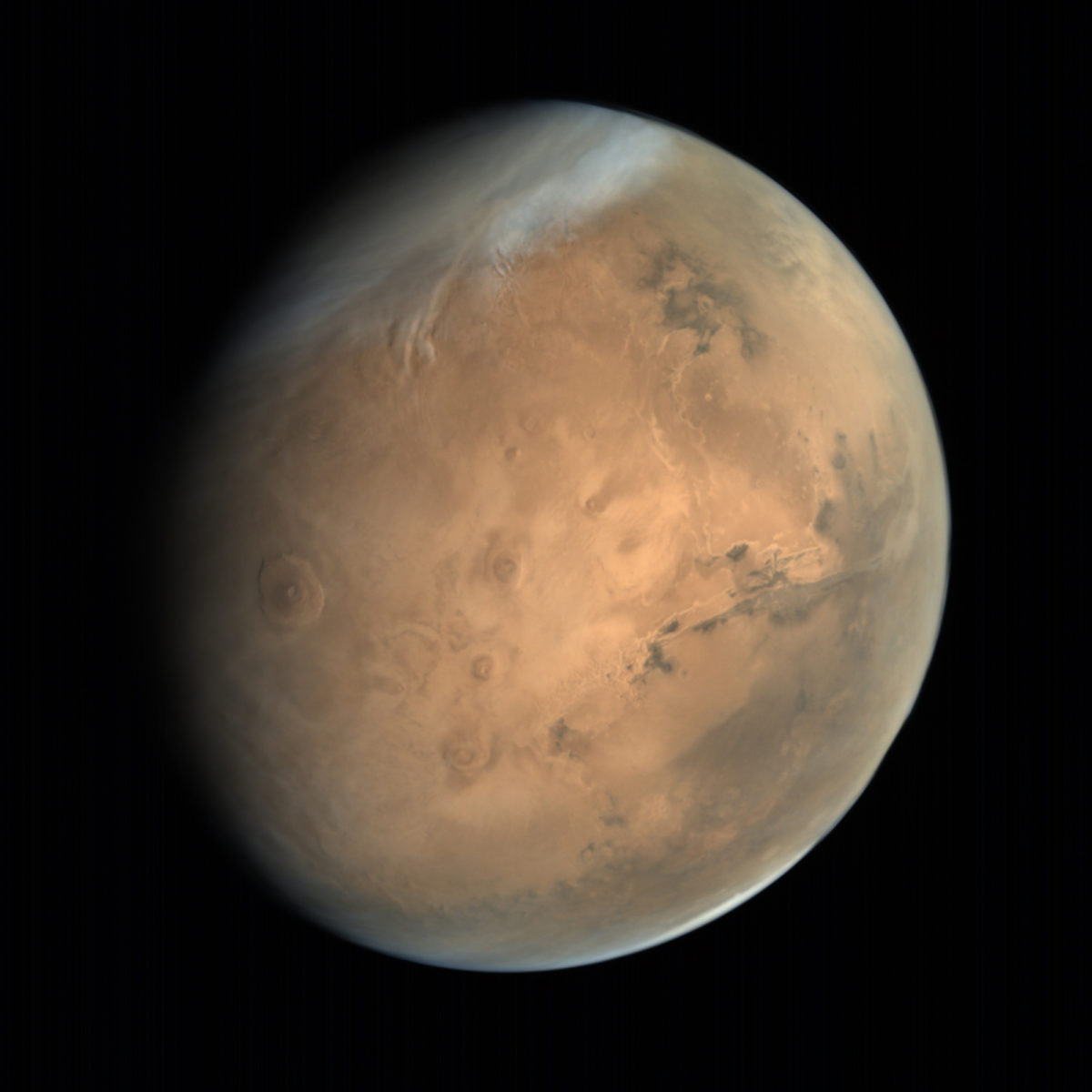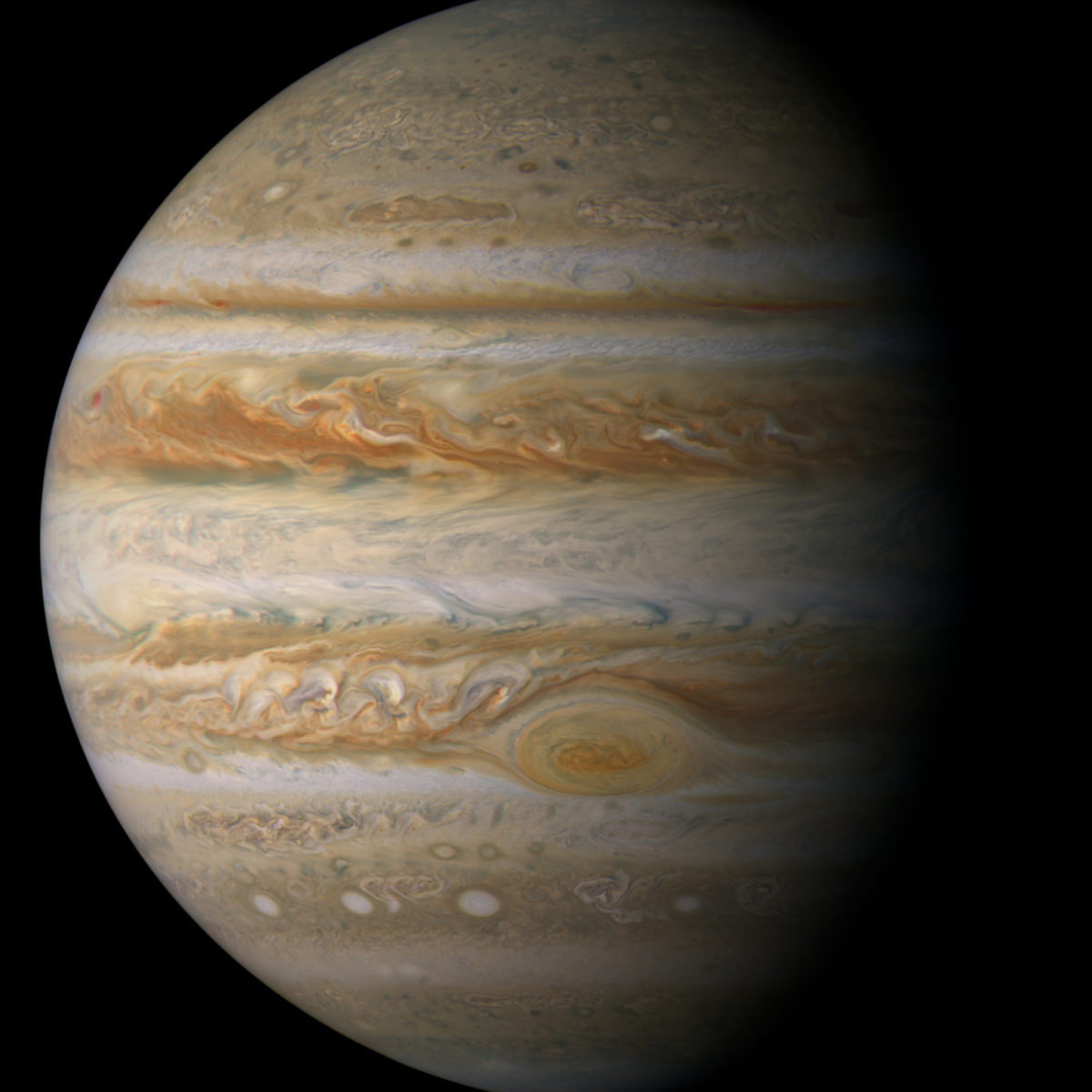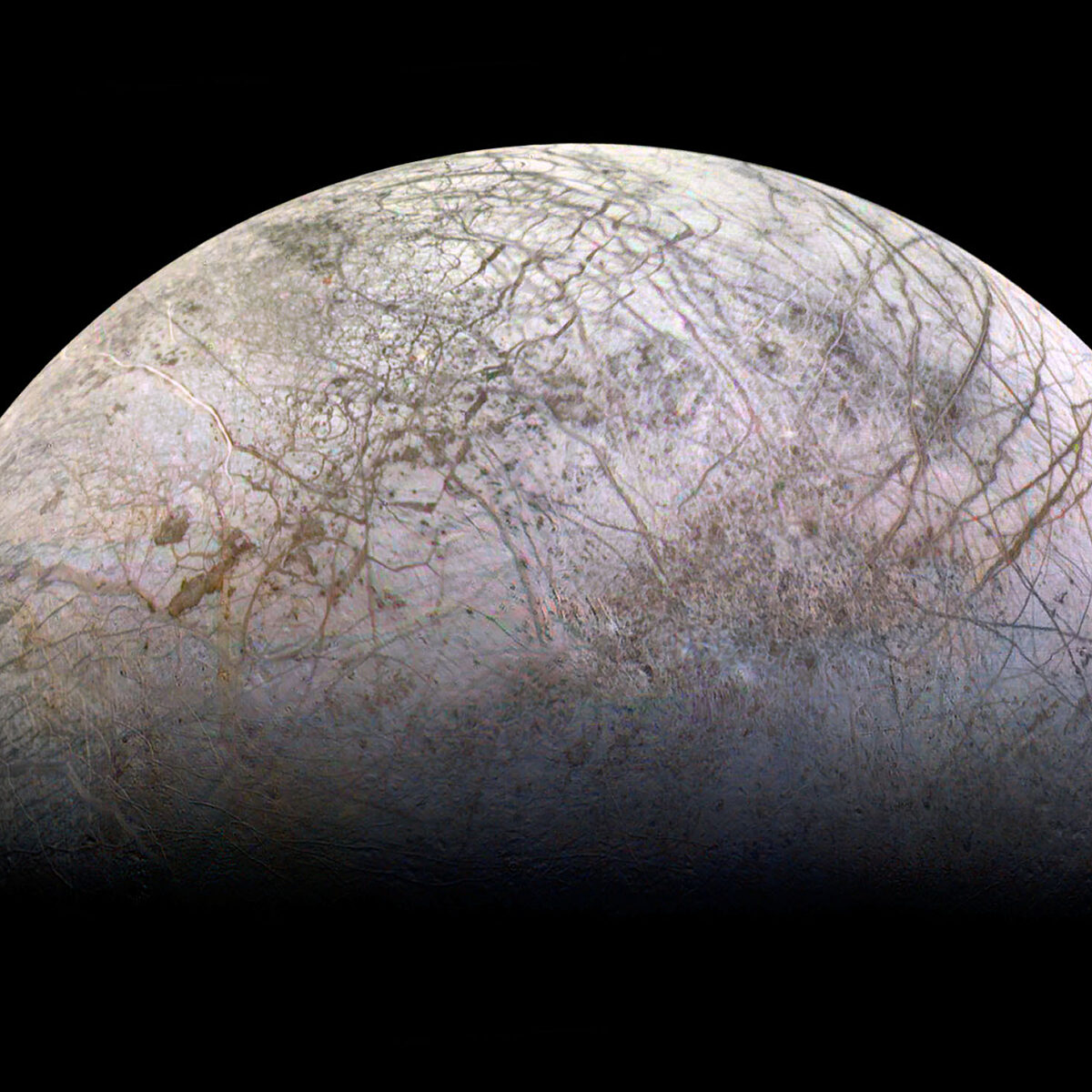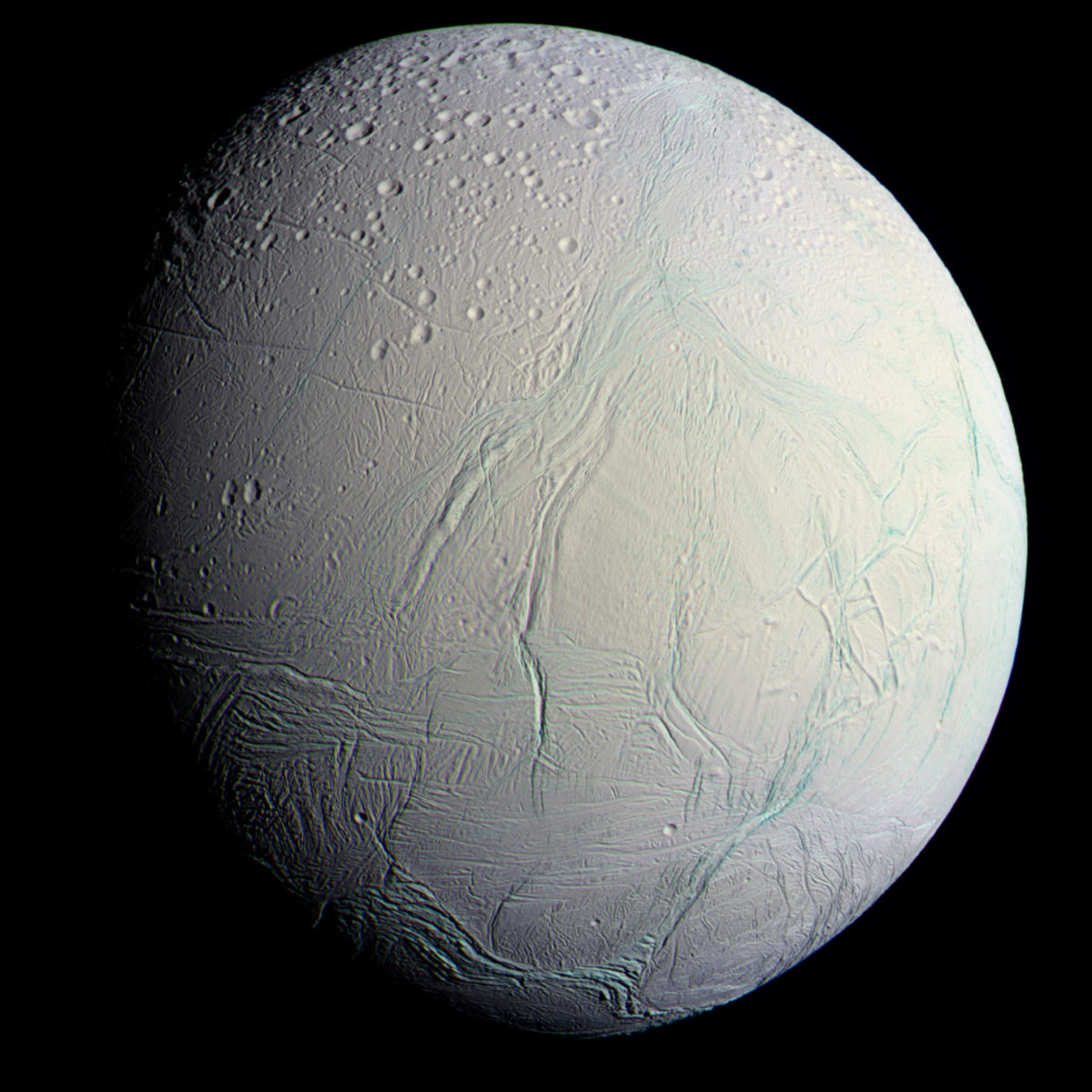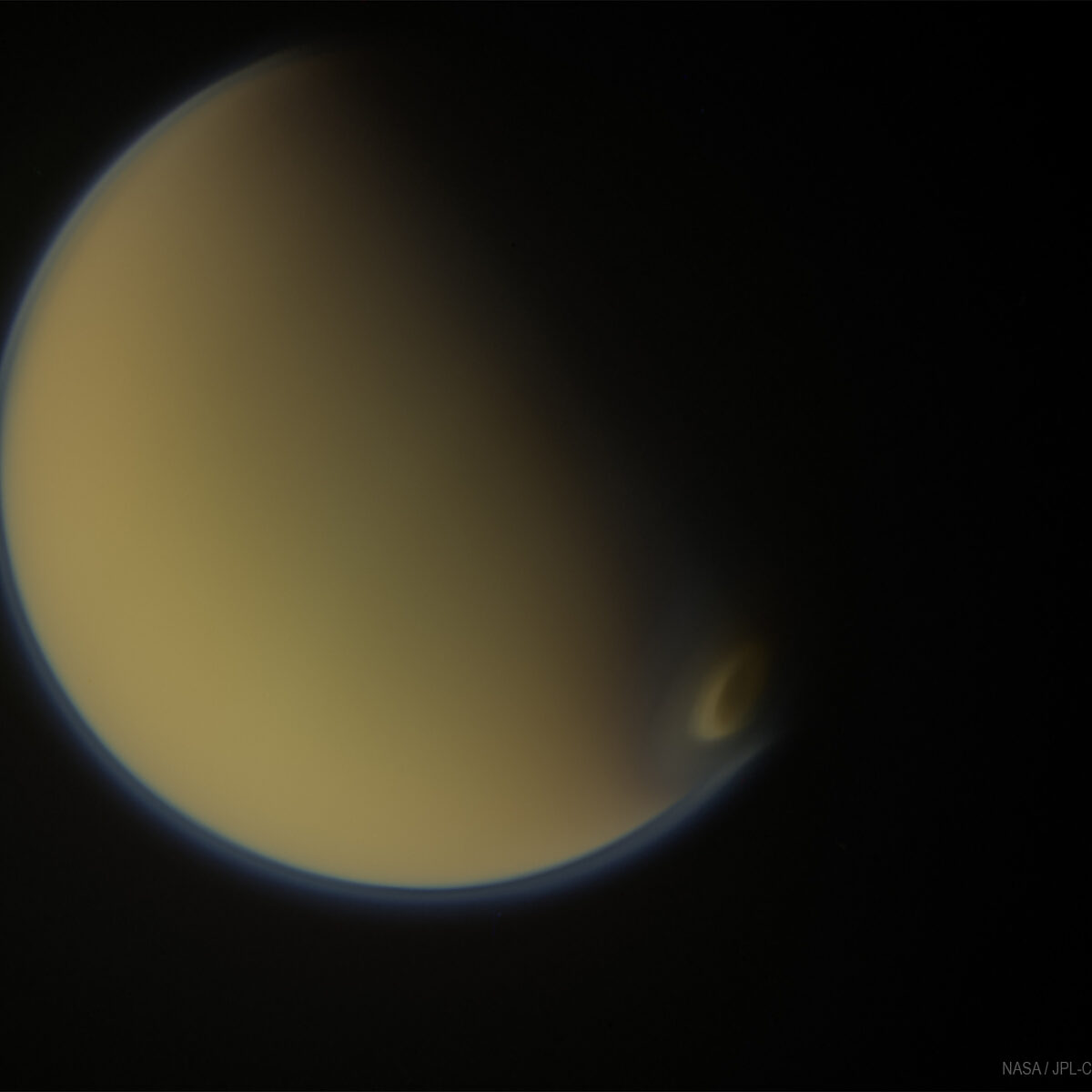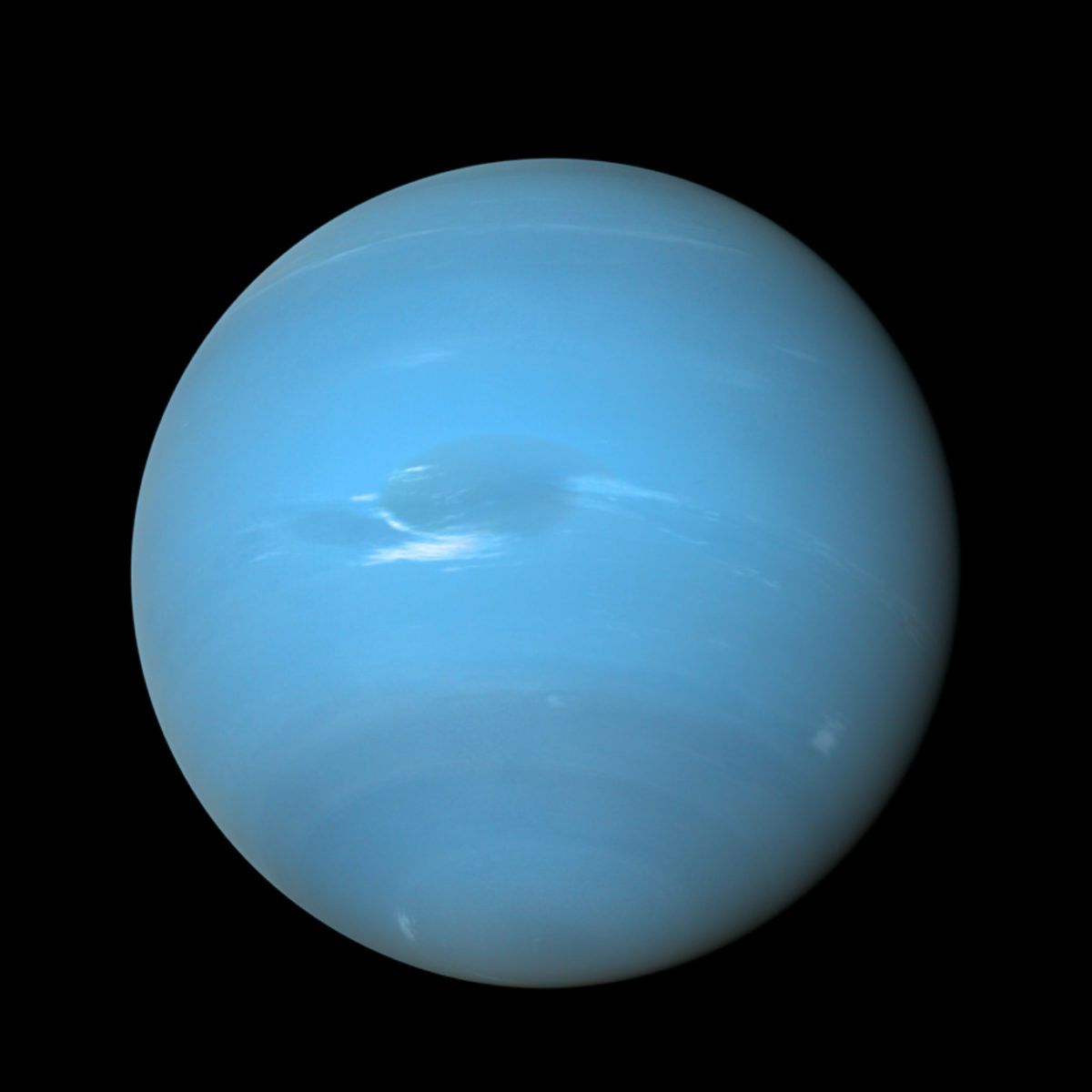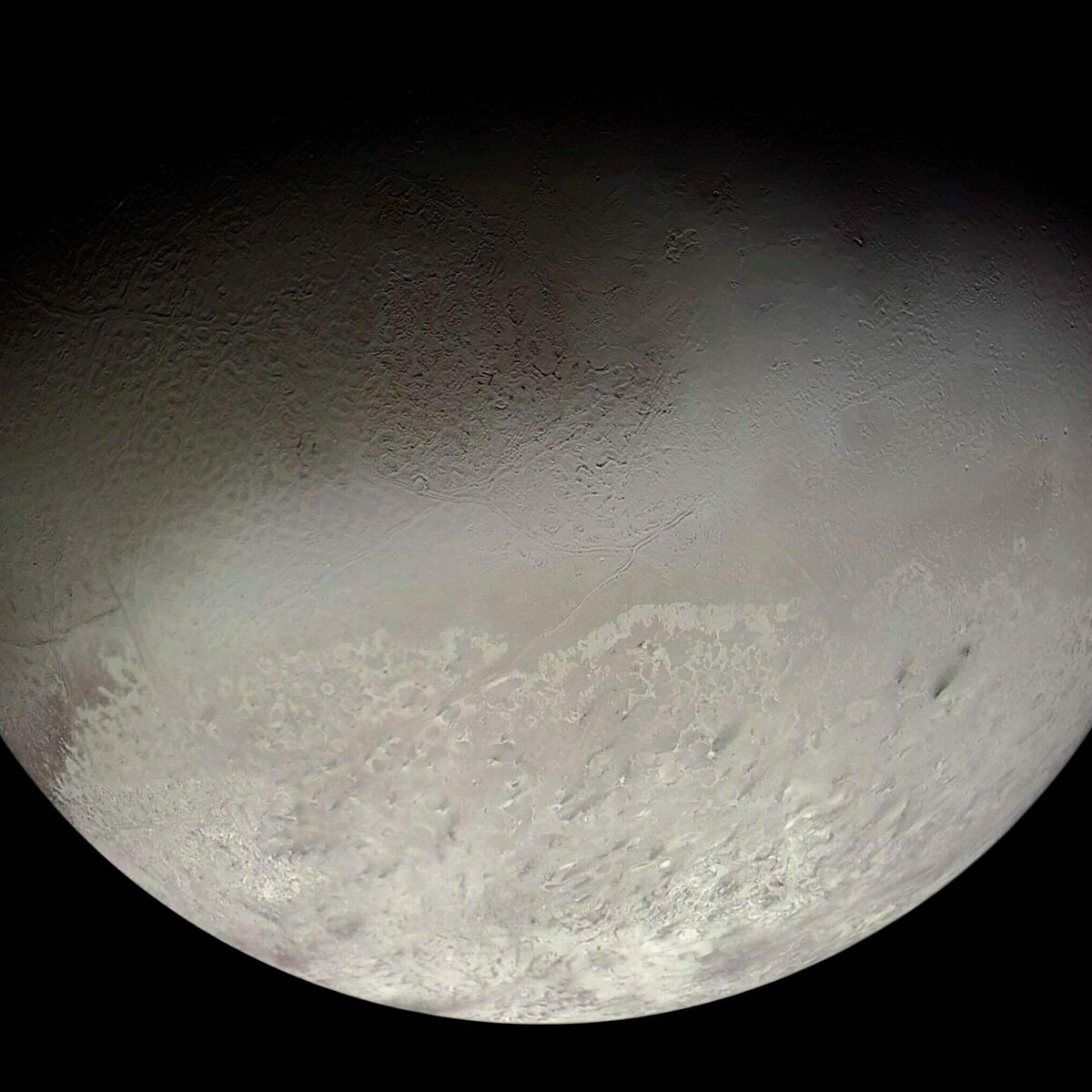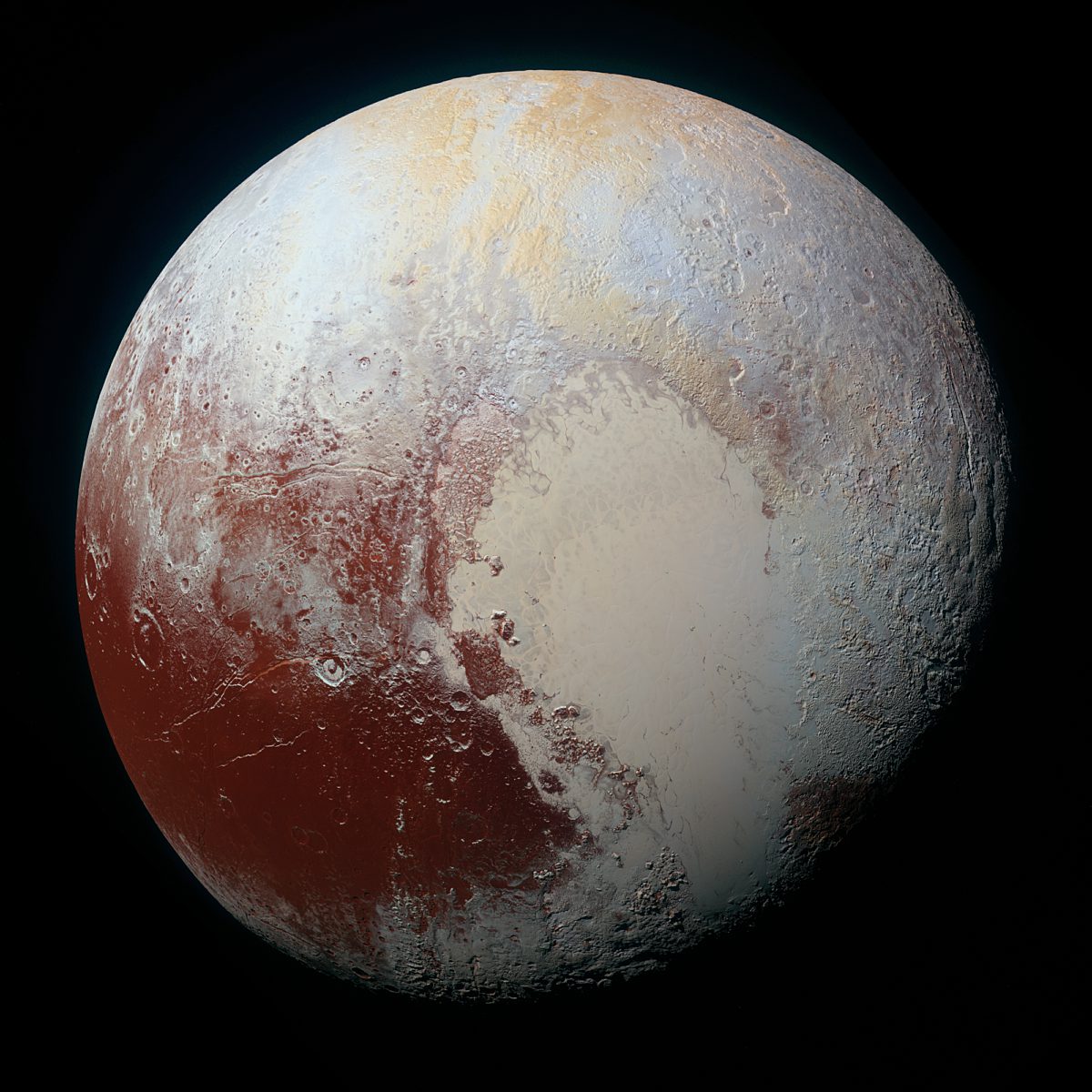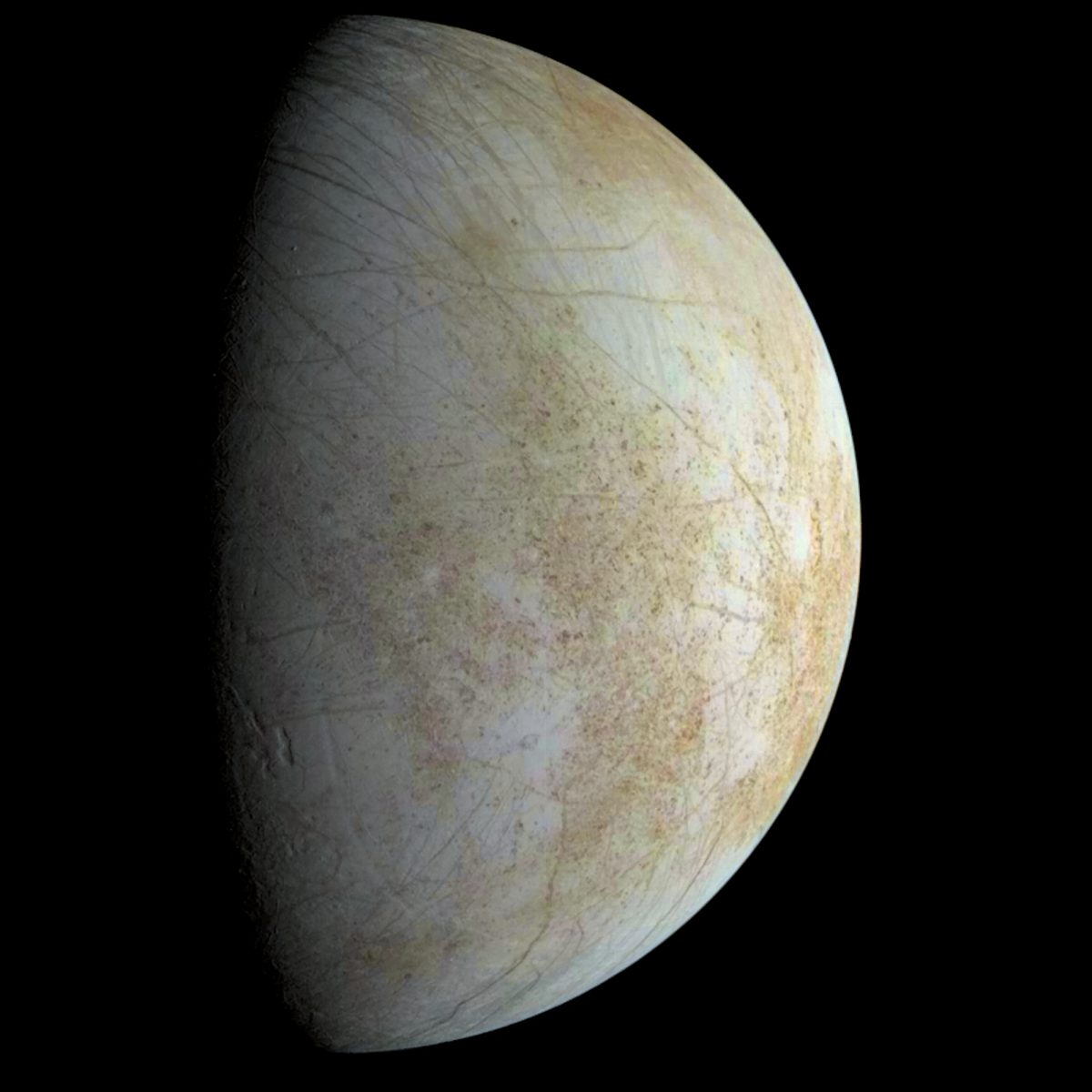Where did we come from? Are we alone in the Universe? We can only answer these questions by exploring the planets and other worlds of our Solar System and beyond. Learn why these worlds are so important, and how you can get involved.
The Sun, our Solar System’s star
We study the Sun to learn about how stars work, and to help protect our civilization from solar storms.
Mercury, world of extremes
Mercury can teach us how planets form and what the early solar system was like when life arose on Earth.
Venus, Earth's twin sister
Venus may have had oceans and been habitable to life before being transformed into an inhospitable wasteland.
Earth, our home planet
Earth, the only planet known to support life, offers liquid water, an oxygen-rich atmosphere, and protection from the Sun’s harmful radiation.
The Moon, preserving Earth's origin story
The Moon is the only world besides Earth ever visited by humans. By studying it, scientists can piece together Earth’s origin story.
Mars, the red planet
Mars once had liquid water on the surface and could have supported life. We don't know how it changed to the cold, dry desert-world it is today.
Asteroids, comets, and other small worlds
These leftover planet-building materials are time capsules that give us a peek into our origins.
Jupiter, the planet with a planetary system of its own
Jupiter, our largest planet, teaches us how planetary systems evolve. Its four planet-like moons make it a planetary system of its own.
Io, Jupiter’s chaotic volcano moon
Io, one of Jupiter's four Galilean moons, is known for its explosivity.
Europa, Jupiter’s possible watery moon
Europa is the sixth-largest moon in the solar system and Jupiter’s fourth-largest satellite.
Saturn, planet of rings, moons and more to explore
Saturn is the crown jewel of our solar system. It has a stunning set of rings, diverse moons, and so much more to explore.
Enceladus, Saturn’s moon with a hidden ocean
With its subsurface ocean and so-called "tiger stripes," Enceladus is one of Saturn's most fascinating moons.
Titan, a moon with familiar vistas
Saturn's largest moon, Titan, is both the only other place in the Solar System with liquid on its surface and the only moon with a thick atmosphere, making it a tantalizing destination to search for life.
Uranus, the sideways planet
Uranus may be the butt of all planet jokes, but there's much more to this world than potty humor.
Neptune, planet of wind and ice
Neptune, our outermost planet, is a windy blue world with exotic ice, raging storms, rings, and a moon that could have a subsurface ocean.
Triton, Neptune's largest moon
Triton is likely a captured Kuiper Belt Object and possibly an ocean world.
Pluto, the Kuiper Belt’s most famous dwarf planet
Pluto is a dwarf planet and the largest of the Kuiper Belt objects (KBOs) — a collection of ice-rock bodies found outside Neptune’s orbit.
Exoplanets, worlds orbiting other stars
We know of more than 5,000 planets orbiting other stars. Does one of them host life as we know it?
A Pale Blue Dot
Look again at that dot. That's here. That's home. That's us.
What is a Planet?
It's right there in our name: The Planetary Society. But what is a planet? This seemingly simple question is the subject of much debate.
Learn MoreLatest Articles
OPAG, Day 1: Getting to Europa
Next up at the Outer Planets Assessment Group meeting was an overview of the plans for future Europa missions.
Too much outer planets news for me to read (much less report on)
Before I get to my notes from OPAG I want to minimally acknowledge today's news, which I'll have to get to in more detail later.
New items on the website: Rover update and Stardust@home
I just wanted to point out a couple of new items on the website.
Get used to this view
Get used to this view of Home Plate and Husband Hill, because Spirit will be seeing a lot of it over the next 8 months, whenever power levels permit the rover to eke a little bit of science activity out of the day.


 Explore Worlds
Explore Worlds Find Life
Find Life Defend Earth
Defend Earth


